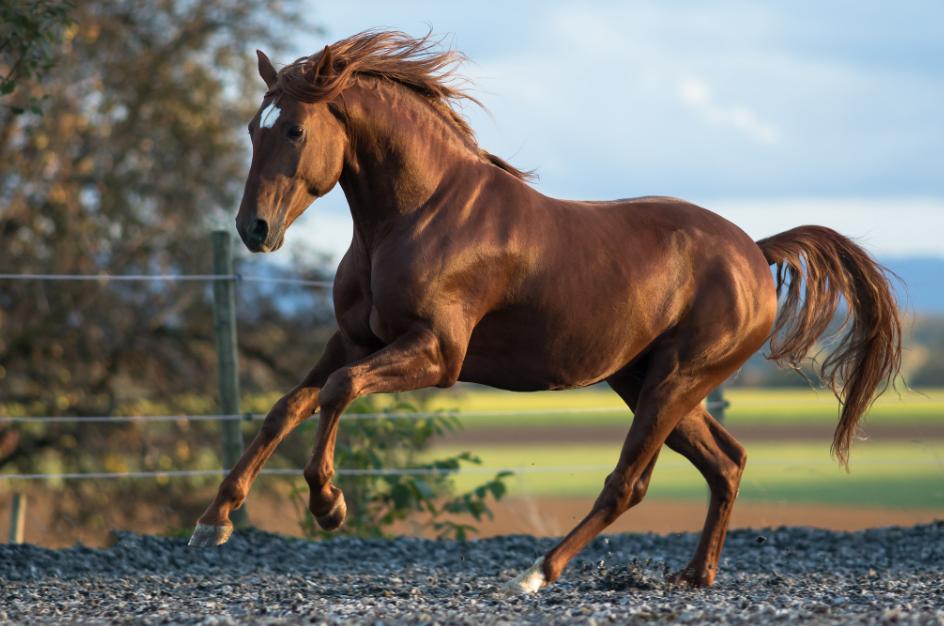The market for horse sales is deeply rooted in the delicate dance of trust between buyer and seller. A horse is not merely a product to be bought and sold; it is a living creature with its temperament, abilities, and potential. The success of any horse transaction, therefore, hinges on the development of a trusting relationship.
Trust is not an abstract concept in Horse Sales in NSW; it is an essential component. It is built through transparent communication, honest representation of the horse, and a clear understanding of both the animal’s history and the buyer’s requirements.
The Seller’s Integrity and Representations
Any successful seller must portray their horses accurately, avoiding exaggeration or concealment of any behavioural or health issues that could affect the animal’s performance or well-being. By being forthright about both the strengths and limitations of a horse, a seller lays the groundwork for a transparent sale and builds a lasting relationship with the buyer that can create opportunities for future transactions.
The Buyer’s Trust and Expectations
This upfront approach ensures that the seller can match them with an appropriate horse, facilitating a successful partnership. A buyer who trusts the seller to provide accurate information will feel more comfortable making a decision and is more likely to be satisfied with the purchase.
Moreover, educated buyers who can assess the horse for themselves or employ a trusted advisor can ensure that the trust is not misplaced. They should ask questions, seek vet records, and possibly request a pre-purchase exam to verify that the horse is a good fit.
The Importance of Ongoing Support
Even after the sale is completed, the role of trust extends into post-sale support. Sellers who remain available for questions, offer advice on the horse’s care and training, or assist with the transition to a new environment reinforce their commitment to the horse’s welfare and the buyer’s satisfaction. This ongoing support can be indispensable for maintaining a strong reputation and for securing customer loyalty and referrals.
Building a Community on Trust
It resonates within the larger equestrian community. A culture of trust encourages ethical sales practices, fosters a supportive network among equestrian professionals, and ultimately benefits the horses by promoting their proper care and handling.
Horse sales imbued with trust not only facilitate successful transactions but also contribute to the well-being of the horses and the satisfaction of their owners. Whether through clear communication, integrity in representation, or ongoing support, trust remains an indispensable element of any equine sale that aspires to be remembered not just for the transaction, but for the enduring relationships it builds.

